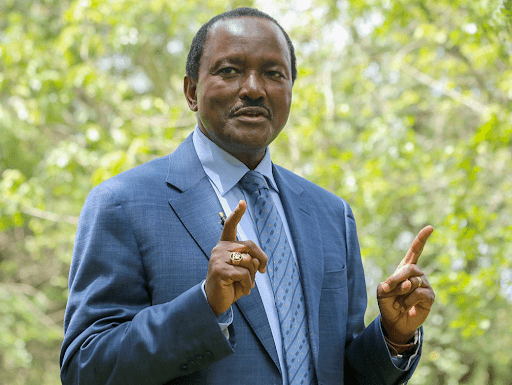On Tuesday, Kenyans were treated to a very interesting ‘drama’ on national television.
Millions of Kenyans were glued to their TV screens, even as this piece of ‘furniture’ that is increasingly being relegated as source of background noise as people are busy on their phones.
The second debate had two formidable candidates. Martha Karua, a distinguished lawyer, former minister for Justice, past presidential and gubernatorial candidate and a legislator for more than 20 years.
The there was G Rigathi Gachagua, a past Personal Assistant to Uhuru Kenyatta (now president), an officer at the Ministry of Lands, a businessman and a past District Officer in the provincial administration.
Karua was billed as ‘the candidate’ who would dismantle Gachagua to smithereens on matters governance. She was seen as more presidential, an articulate and astute debater, the Iron Lady of Kenya’s politics was expected to carry the day.
Gachagua on the other hand, was seen as weak, with careless pronouncements. Indeed, the nemesis kept on touting that he just needed to be ‘given the mic’. Having been trolled on social media based on his past pronouncements, many Kenyans had low expectations from him.
Both candidates balloted on who should get what number to speak. Rigathi got number one, meaning he would be the first to answer questions. This is both an advantage and a disadvantage in that, while one is able to get the first bite of the cherry, your competitor always has a chance of improving on what one didn’t articulate very well.
It’s always great to be the underdog in any fight. Rigathi didn’t meet the expectations of his detractors. In fact, when he was given the mic, he came out as intelligent, articulate and calculative. He was able to answer questions very well, even when moderators James Smart and Sophia Wanuna didn’t give him as much time as was given to Karua.
There were rumors that Rigathi wouldn’t show up for the interview and this in a way made Karua to be not so prepared. Many people said that on that particular evening, she wasn’t in her best element.
For example, she misquoted the article on socio-economic rights as Article 46 instead of Article 43 of the Constitution.
Gachagua was put to task about his ongoing corruption court cases. When cornered about these charges, Gachagua attributed his tribulations on being witch-hunt for supporting DP William Ruto.
Interestingly, Karua fell for Gachagua’s jibe that she was bribed by BAT as minister, of which she agreed that the money was deposited in her campaign kitty, and not her personal account. Gachagua also accused Karua of having used her ministerial position to allocate land to her relatives in the Ngariama scheme, which she ably rebutted.
Karua, on her part, accused Gachagua of corruption and that the DP should have resigned, if he didn’t agree anymore with the president. Gachagua chided Karua for having resigned from President Mwai Kibaki’s government as minister for justice, yet he was the gentleman of Kenyan politics.
Over and above accusations and counter-accusations, the real issues affecting Kenyans weren’t properly discussed as expected. The issue of state capture dominated the debate, with Karua ably defining it, while Gachagua who had brought it up, gave a practical example of how the NIC and CBA mergers were tax exempted from paying a whopping Sh351 milllion by the Cabinet Secretary in charge.
On personal wealth, Karua said her fortune has grown form Sh56 million to Sh150 milllion in nine years citing inflation, while Gachagua denied he is worth Sh12 billion. He blamed the investigating authorities for wrong valuation, just to prove a point. He averred he is worth Sh800 million.
Pundits say Gachagua made the debate about President Uhuru Kenyatta and his family more than it should have been. However, he was the one who at the tail end steered the debate back on truck by bringing in the real issues that affect the common mwananchi such as the cost of bread, which Karua put at Sh80.
She however missed out on the real cost of fertilizer, which is retailing at Sh6,000 and not the purported Sh2,500 that the government is claiming to have subsidised.
All in all, the debate was healthy, and while opinion may be divided on who outdid the other on which point, Gachagua the underdog, surpassed expectations of many and came out as more presidential, in touch with the ground reality, and practical.
Karua, on the other hand came out as strong but lacking in details and at times theoretical.
It was also clear that while Gachagua dwelt on matters economy, Karua dwelt on legal and institutional reforms. Respectively, as Gachagua talked about business revival, Karua dwelt on Baba are, a clear difference between right of centre politics versus left of centre; handouts versus hand ups.









